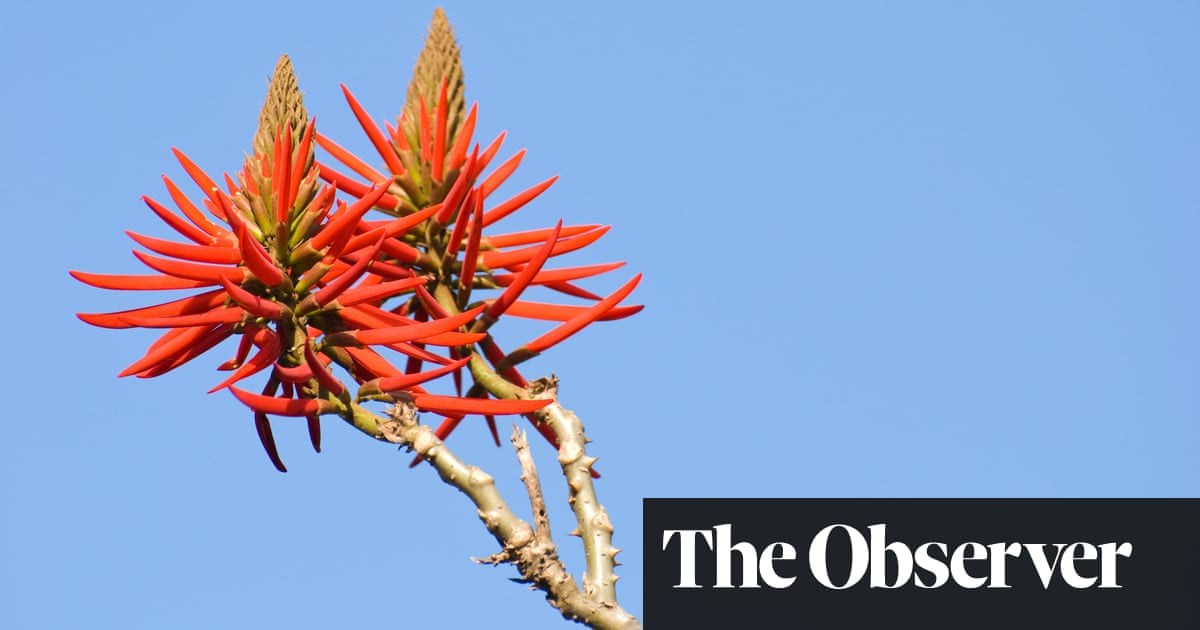Offensive term to be replaced as first step towards more changes in unprecedented reform of nomenclature rules
Scientists have voted to eliminate the names of certain plants that are deemed to be racially offensive. The decision to remove a label that contains such a slur was taken last week after a gruelling six-day session attended by more than 100 researchers, as part of the International Botanical Congress, which officially opens on Sunday in Madrid.
The effect of the vote will be that all plants, fungi and algae names that contain the word caffra, which originates in insults made against Black people, will be replaced by the word affra to denote their African origins. More than 200 species will be affected, including the coast coral tree, which, from 2026, will be known as Erythrina affra instead of Erythrina caffra.
The scientists attending the nomenclature session also agreed to create a special committee which would rule on names given to newly discovered plants, fungi and algae. These are usually named by those who first describe them in the scientific literature. However, the names could now be overruled by the committee if they are deemed to be derogatory to a group or race.
What’s the racist reference exactly?
The word “caffra”
for instance, numerous creatures, especially in Africa, have as part of their scientific name the word caffra, cafferiana, caffrorum, and other similar derivations of an Arabic word for “infidel” that is now considered a highly offensive racial slur and regarded as hate speech in South Africa.
Huh. Looks like it’s the same as this one? https://en.wikipedia.org/wiki/Kaffir_(racial_term)
Yeah, those names should definitely be changed.
“The effect of the vote will be that all plants, fungi and algae names that contain the word caffra, which originates in insults made against Black people, will be replaced by the word affra to denote their African origins.”
Only an estimate of 60% of the international community approved of this. I’m curious what arguments against renaming it would be? Maybe cost? Although is a little whiteout really that problematic? I could introduce to opposition some simple software methods to iteratively erase that c in front of the word.
Probably the fact that you will need to keep the old name alive to reference it in older litterature anyway. So old name will still be there forever and makes the name change a bit moot.
Maybe they are worried it adds cognitive complexity.
They may think it will be very difficult to enforce the usage worldwide. Some people won’t care and keep using the old name.
They could be afraid, it opens the field to constant renaming because the meaning and the disposition toward word changes all the time.
They might be worried they’ll have to waste time constantly arguing over name change and in fine decide who has the right to be offended by what. Maybe some of them would rather be doing their research instead.
Maybe they don’t give a fuck if it offends someone.
And now it’s expected to be changed in every instance it was used, wasting time and resources for something that doesn’t change anything known about the species itself





